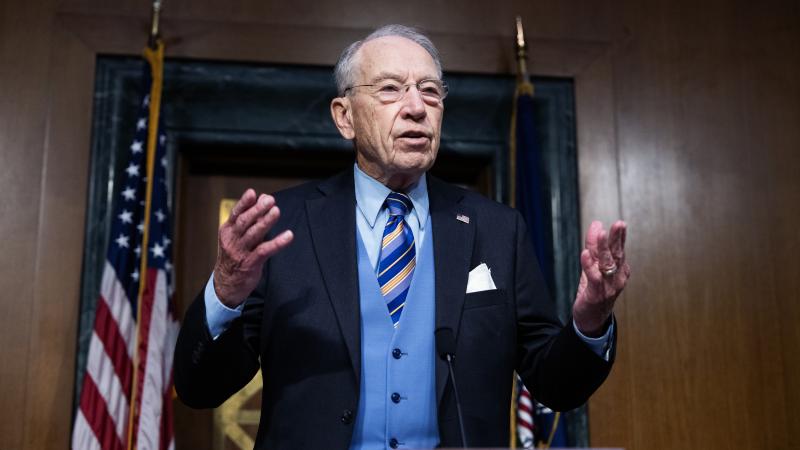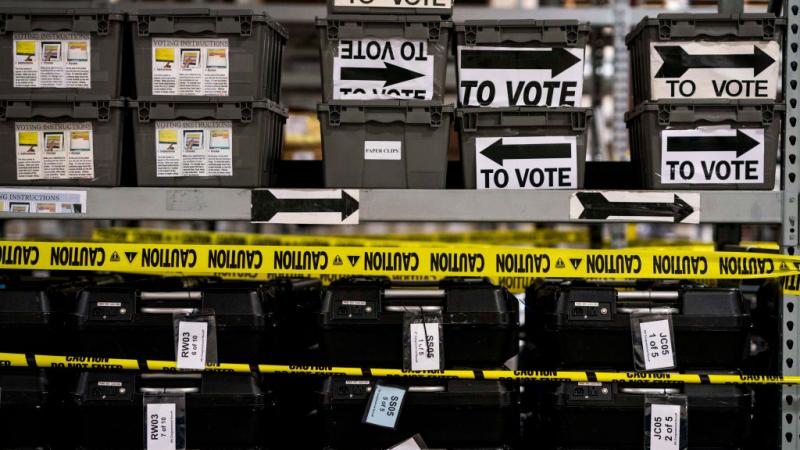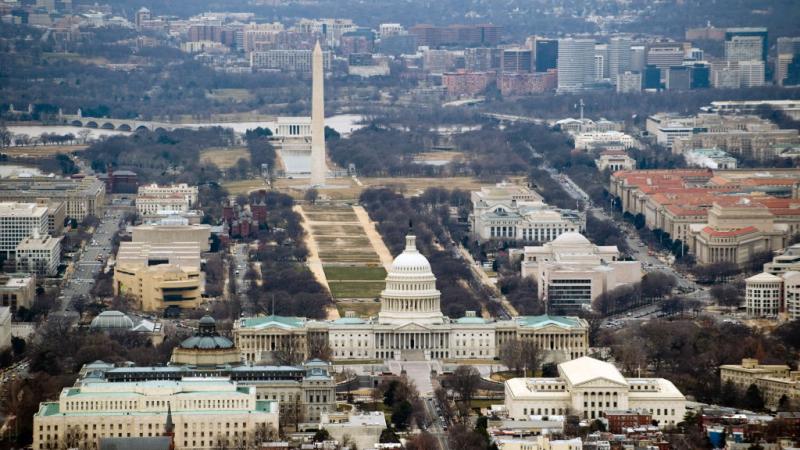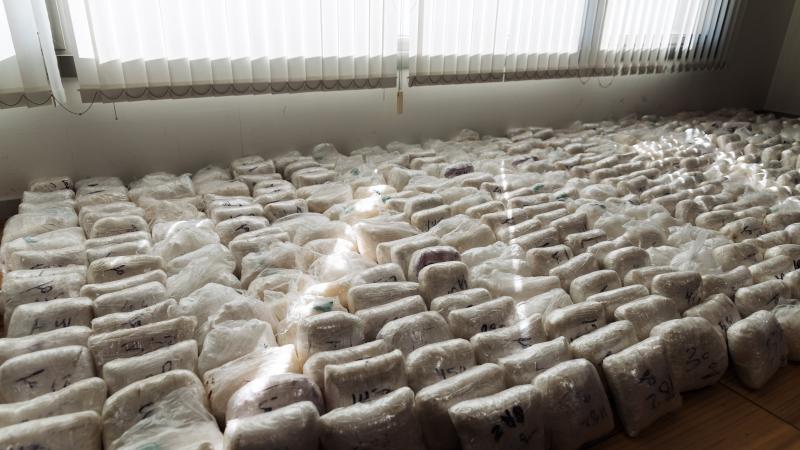'Worst Thing:' GOP lawmaker slams Senate for $350 million refugee provision in virus law
Earlier this week Gaetz introduced legislation to prevent Chinese government-owned businesses from receiving taxpayer dollars
A high-profile Republican congressman on Thursday slammed senators for including $350 million in the coronavirus aid legislation for migrant and refugee resettlement programs, calling it "offensive to the American people and to the American worker."
Rep. Matt Gaetz, R-Fla., who was quarantined earlier in the coronavirus crisis because he was exposed to an infected patient, said the refugee aid had nothing to do with the pandemic and was “the worst thing in the bill.”
He said he was concerned that individuals who might benefit from the aid could be in the country illegally.
“If there was ever a time to emphasize border security it is when, you know, porous borders could potentially infect your people,” Gaetz said during the John Solomon Reports podcast. “But instead of doing that, we’re doing $350 million in just migrant and refugee resettlement and to me that is so offensive to the American people and to the American worker.”
Earlier this week Gaetz introduced legislation that would prevent Chinese government-owned businesses from receiving any funds appropriated by Congress, including those appropriated in coronavirus stimulus legislation.
"I serve on the Armed Services Committee where we get regular briefings about China's strategy to try to exert influence with the fusion of their government and autocratic corporate assets. And one of the ways that they do that is to acquire U.S.-based assets as part of that overall strategy," Rep. Gaetz explained.
He highlighted several examples, noting that "the Radisson hotel group is actually owned by Communist China. The Waldorf Astoria in New York City is owned by Communist China. AMC Theatres is actually controlled by a Chinese entity," he said.
The congressman highlighted the irony of doling American money out to Chinese businesses as the U.S. reels from the consequences of a coronavirus outbreak that began in China.
“And so I don’t believe that it is the work of a great nation to go and borrow money from China to give to Chinese companies and then pay China back with interest from a virus that we’re having to deal with in greater acuity as a consequence of China,” he explained.














